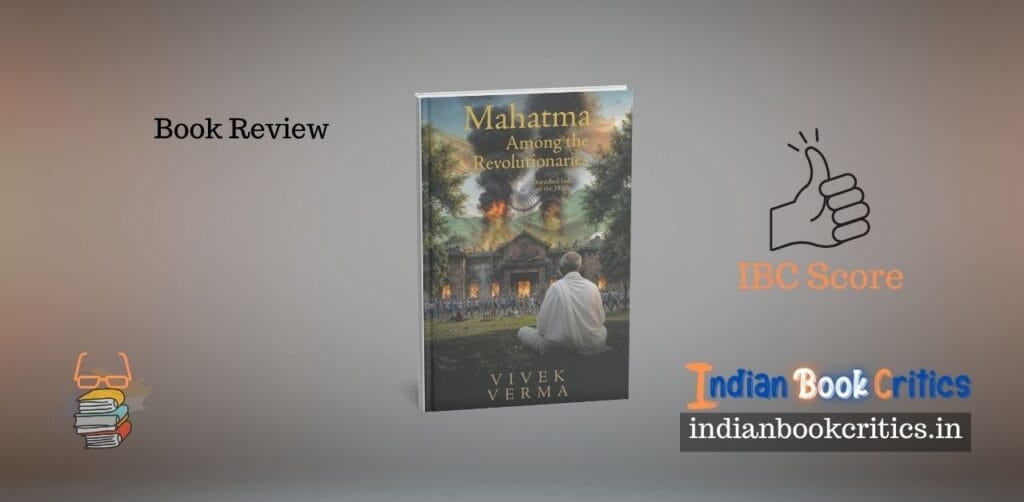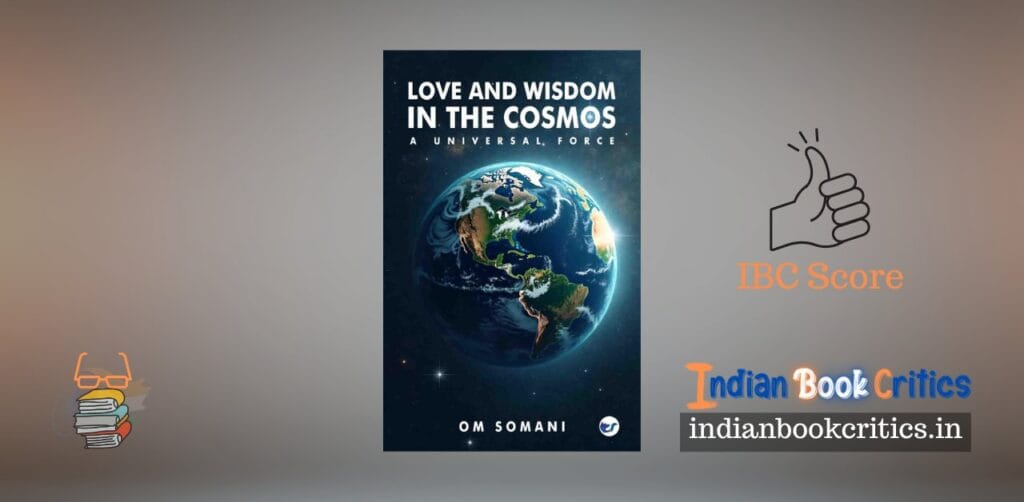DHARMA KARYA: An Ideological Book, authored by Prof. Bharat M. Mody and self-published in 2022, represents an ambitious attempt to merge ancient Indian philosophical principles with contemporary socio-political thought. With the ISBN 978-93-342-8804-9, the book positions itself as a resource for Healthcare Workers, Academics, and broader readers seeking a conceptual framework to understand a world order informed by Sanatan Dharma. The text is explicitly ideological, aiming to chart a course for societal revival by integrating ethics, governance, and individual responsibility into modern life.
The core of Prof. Mody’s thesis rests upon the perceived crisis of the modern world. He argues that contemporary civilisations have suffered ideological decay, administrative failure, and ecological neglect, leading to widespread societal and cultural degeneration. In this context, the dominance of Christianity and Islam is viewed as insufficiently conducive to human flourishing. In contrast, Sanatan Dharma, not merely a religion but a comprehensive way of life, is presented as a resilient, adaptable, and sustainable philosophical system. By foregrounding the principles of Dharma, Karma, Kama, Arth, and Moksha, the book situates human development within a framework that integrates morality, action, personal satisfaction, material prosperity, and spiritual liberation.
One of the book’s most contentious yet pivotal sections is its critique of post-independence India. Prof. Mody questions the legitimacy and effectiveness of India’s leadership following 1947, particularly critiquing Mahatma Gandhi and Jawaharlal Nehru. The text asserts that freedom was achieved mainly through the efforts of Subhash Chandra Bose and the Azad Hind Fauj. At the same time, Nehru’s subsequent premiership, imposed through Gandhi’s insistence, allegedly set India on a trajectory of political and ideological drift. The author denounces the adoption of a socialistic model and a “pseudo democracy” that centralised power, along with a constitution shaped under colonial influence by Dr. Ambedkar. Mody further criticises the judiciary for perpetuating colonial ethos and undermining the Constitution’s philosophical preamble, which he argues is essential for sustaining ethical governance.
In proposing a new philosophical and political framework, the book combines elements of Swarajya, Political Objectivism, and Laissez-Faire Capitalism. True independence, according to the author, is grounded in individual responsibility and Purusharth, the ethical pursuit of self-interest aligned with the nation’s welfare. Objectivism is expanded into four pillars: objective reality, reasoning, self-interest, and proactive capitalism, complemented by Ahimsa. Mody posits that proactive capitalism and ethical self-interest not only benefit the individual but also generate positive societal outcomes. Crucially, the book challenges the existing democratic structure, advocating for a Political Republic in which power resides directly with citizens through mechanisms such as referenda, initiatives, and recalls, bypassing the limitations of representative democracy. Notably, the proposed constitutional reforms—removing the terms “socialistic” and “secular” and creating a differentiated citizen classification—are highly controversial for many, and invite extensive ethical and legal debate.
In the domain of education and healthcare, Prof. Mody envisions a radical departure from Western models. He calls for a revival of the Gurukul system, where education prioritises holistic learning, philosophy, moral character, and practical skills. Similarly, healthcare should integrate Ayurveda, Allopathy, and Homoeopathy within a personalised framework, emphasising preventive care and individual well-being rather than treating health as a universal entitlement. These proposals underscore the author’s consistent focus on personal responsibility and the cultivation of knowledge, virtue, and self-reliance as foundational to societal progress.
The book culminates in the articulation of Ram Rajya as a global vision, representing a society governed by ethical principles, mutual trust, and the integration of Sanatan Dharma with modern governance. Prof. Mody envisions a world in which ethical governance, individual Purusharth, and economic freedom coalesce to create a just, benevolent, and scientifically informed social order. The text positions this model not merely as an idealistic vision but as a practical framework for restructuring governance, education, healthcare, and the economy.
Prof. Bharat M. Mody’s DHARMA KARYA: An Ideological Book distinguishes itself through its expansive ideological ambition and its explicit engagement with both historical critique and future-oriented solutions. The text is positioned not merely as a philosophical treatise, but as a comprehensive framework for reconstructing societal, political, and educational systems through the prism of Sanatan Dharma. Its scope encompasses governance, healthcare, education, human development, and economic philosophy, demonstrating an unparalleled attempt to integrate ethical and philosophical principles into actionable models for societal reform. The book’s foundational proposition that contemporary global and national crises stem from flawed ideology, poor administration, and the exclusion of value-based governance establishes it as a distinctive work within Indian socio-political thought, particularly because it asserts a radical departure from conventional Western or religious paradigms.
A central feature of the work is its unique fusion of classical Hindu philosophy with modern individualist and capitalist principles. The advocacy of Political Objectivism and Laissez-Faire Capitalism, grounded in the ethical pursuit of Purusharth, illustrates the author’s innovative approach to aligning individual self-interest with societal welfare. By emphasising the fourfold human goals—Dharma, Karma, Kama, and Arth—the book constructs a moral and rational foundation for governance and personal responsibility. This philosophical synthesis is complemented by a forceful critique of post-independence India, including the leadership of Gandhi and Nehru, the framing of the Constitution, and the functioning of the judiciary. Such critique, combined with proposals for constitutional and citizenship reforms, situates the book within the contentious discourse on India’s political history while simultaneously proposing an ideologically coherent alternative rooted in indigenous philosophy.
Finally, the book situates its argument within the broader dialogue on the negotiation between ancient civilisation and contemporary challenges. It positions Sanatan Dharma as a resilient, scientifically grounded, and culturally enriched way of life, capable of addressing modern crises in education, healthcare, and governance. By advocating a return to the Gurukul education system, integration of Ayurvedic healthcare principles, and ethical economic practices, the author presents a vision that is both restorative and forward-looking. Moreover, the text frames its ultimate goal—the establishment of Ram Rajya as a global model of ethical governance—as a pathway to rectify political mismanagement, societal moral decline, and cultural disorientation. In doing so, DHARMA KARYA asserts a rare combination of historical critique, philosophical depth, and prescriptive reform, marking it as a singularly ambitious contribution to contemporary Indian ideological literature.
Overall, DHARMA KARYA is a provocative, comprehensive, and ideologically charged work. Its strength lies in the systematic integration of Sanatan Dharma with socio-political theory and practical reforms. While some proposals, particularly those regarding citizenship, constitutional amendments, and critiques of historical leadership, may challenge prevailing ethical and democratic norms, they invite rigorous debate and reflection on India’s philosophical and governance foundations. The book’s ambitious scope, which bridges ancient wisdom and modern imperatives, makes it a significant contribution to discourses on ideology, governance, and cultural revival, particularly for readers interested in the intersection of philosophy, politics, and individual responsibility.
Get a copy from Amazon India – click here.
Review by Madhav for Indian Book Critics
Dharma Karya, an Ideology Book by Bharat Mody, a detailed review
- IBC Critical Rating
Summary
An interesting, intriguing and challenging book that might have distant and extreme responses from readers, depending on their ideological and political alignments.




